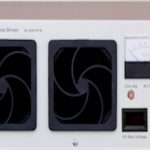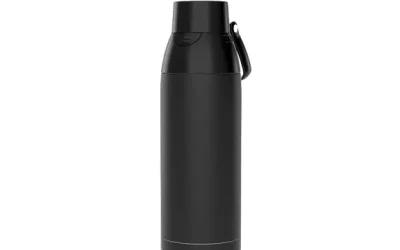Each time you light up one of your Oliva Cigars you are holding in your fingers a symbol of family values; perseverance against the odds; free enterprise and a belief in not sacrificing quality for expediency. Today’s Oliva Cigars are produced by a company headquarted in Florida that manufactures them in Nicaragua.
In Nicaragua; this company has the name Tabacalera Oliva Tabolisa; although in the States, they are known as the Oliva Cigar Company and it is their history that lies behind the worthy symbols they represent. Their origins were in Cuba at the time when that island nation was considered to be the true birthplace of any cigar that was really worth smoking.
Tobacco can be grown commercially in many countries around the world; but, the smoking products that are made from it require different types of tobacco and not all tobaccos can be used for cigars; but, when it comes to cigar tobaccos; Cuba was universally considered the premier place. So it was hardly surprising that the world’s top cigar producers were to be found in Cuba.
Tabacalera Oliva Tabolisa Founded In 1886
The founder was Melanio Oliva who commenced tobacco growing in Pinar del Rio, Cuba. Melanio became an expert at growing tobaccos that were just right for hand rolled cigars. In turn; his son (Hipolito) took over the running of the tobacco fields and the company before passing it on to his son Gilberto (now referred to as Gilberto Oliva Sr.).
But, Gilberto’s tenure on the family business came to a sudden end with the Cuban Revolution in 1959. Rather than simply fading away as his business was nationalized; Gilberto emigrated to Spain and used his knowledge to gain work as a tobacco broker. With Cuba temporarily off the tobacco map; Gilberto’s work took him all around the world and he was able to observe non-Cuban growing methods.
Nicaragua
It was on a visit to northern Nicaragua that Gilberto observed conditions nearly identical to those in Cuba and he became convinced that this was one place in the world where tobacco equal to Cuba’s finest could be produced. In 1969, he commenced growing in Nicaragua; but, the 1979 Sandinista Revolution once again forced him off his tobacco farms.
He tried growing in Panama, Mexico, Honduras and the Philippines; but none had quite the required qualities of either Cuba or Nicaragua. Fortunately, the changing face of politics allowed his return to Nicaragua in 1995. With his farms reestablished; he decided to introduce his own brand of Oliva Cigars produced from his own tobacco.
Success did not come quickly and the whole family had to work hard to make Nicaraguan tobacco accepted by cigar aficionados as an equal to Cubans. Possibly helped by the US embargo on Cuba in 1960 the family company and their new line of Oliva Cigars flourished. Today, 95% of sales are to the USA and the company is jointly run by Melanio’s four great grandchildren – Gilberto Junior, Carlos, Jeannie, and José.






